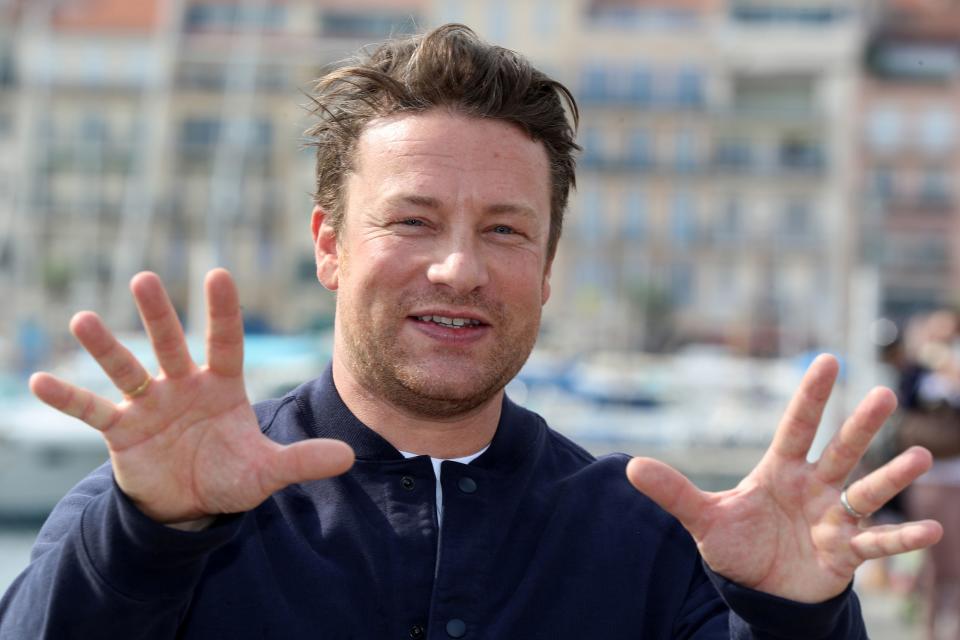Final Jamie Oliver restaurants sold off by administrators after collapse
All 20 of the Jamie Oliver restaurants put up for sale by administrators KPMG following the collapse of the celebrity chef’s empire have been sold.
Specialist property firm Christie & Co said on Monday that it had completed the final sale from the lease portfolio it was tasked with bringing to market in May.
The portfolio included 20 leasehold sites that previously traded as Jamie’s Italian, Barbecoa, and Fifteen London.
In May, KPMG closed all but three restaurants from the Jamie Oliver empire after Oliver announced that the company had entered administration.
“Many of these sites are in prime locations within key towns and cities, which helped attract a wide variety of operators and bids,” said Simon Chaplin of Christie & Co.
“We are therefore pleased to have achieved a positive outcome for the joint administrators.”
READ MORE: Experts warn Britain's record jobs boom could be about to end
Around 1,000 employees across more than two dozen restaurants were made redundant as part of the administration.
Trouble had been brewing for Oliver’s empire for some time — and the chef had previously pointed to a “perfect storm” of high rents, rates, high street difficulties, and Brexit for the firm’s woes.
Oliver was forced to inject almost £13m of his own money into the company to save it from bankruptcy over the course of several months in 2017 and 2018.

He recently told You magazine that his empire would not have collapsed if it had been comprised of “posh” restaurants, arguing that Britain was “very good at nourishing the rich.”
“If I’d have spent 13 years opening posh restaurants, I could assure you they’d all be open today,” he said.
In its most recent financial year, the company lost almost £20m, blaming the “ongoing challenges of the casual dining sector.”
February 2018 court documents revealed that Jamie’s Italian — which the chef founded in 2008 — had debts of more than £70m, including £30m in overdrafts and loans.
Oliver’s media business, including his roster of best-selling cookbooks and TV shows, was not affected by the collapse of his restaurants. In its most recent financial year, profits at that firm jumped 45% to £8m.
Having sold more than 40 million books, Oliver is not only the UK’s most successful celebrity chef, but also the country’s best-selling non-fiction author.
READ MORE: Number of empty shops in Britain hits four-year high

 Yahoo Finance
Yahoo Finance 
